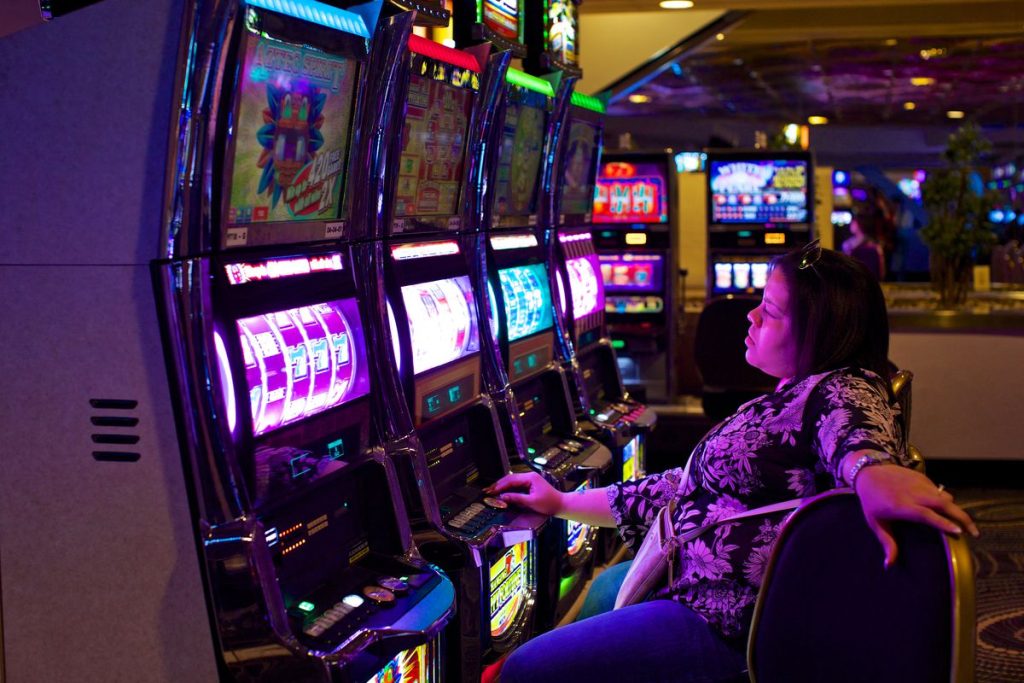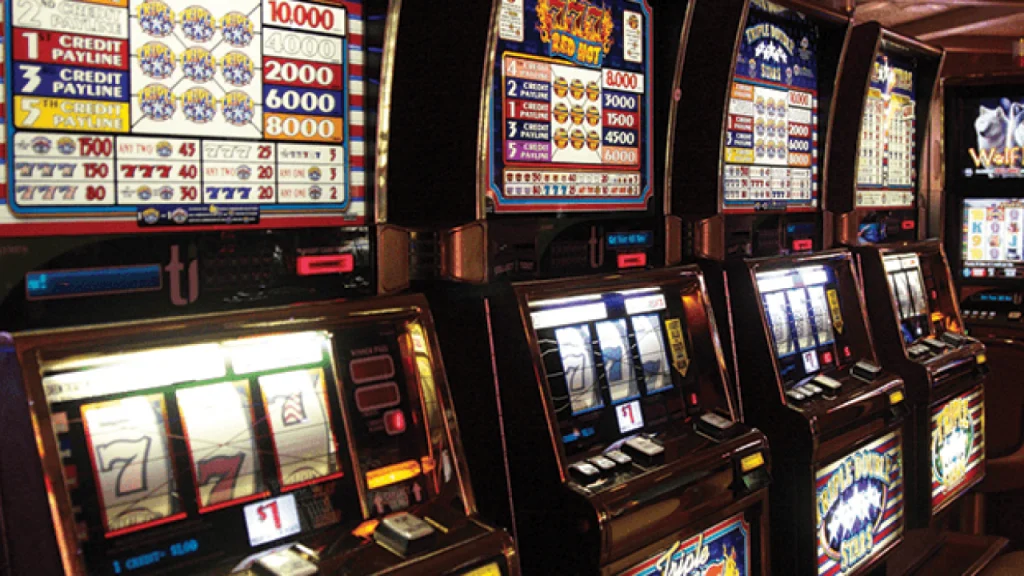Online slots are meticulously engineered to captivate and retain players through a combination of psychological principles and sophisticated design elements. Understanding the psychology behind their addictiveness involves exploring how these games exploit our cognitive biases and emotional responses. At the core of online slots’ allure is the concept of variable reward schedules. This principle, rooted in operant conditioning theory, suggests that rewards given on an unpredictable basis can be more compelling than those given consistently. In online slots, players encounter a randomized reward system where the outcome of each spin is unpredictable. This unpredictability creates a sense of excitement and anticipation, akin to a gambling version of a slot machine’s near miss effect, where players are left feeling they almost won and are motivated to try again.
The design of online slots also leverages bright colors, engaging sounds, and dynamic visuals to enhance the sensory experience. These elements are deliberately chosen to trigger emotional responses and heighten engagement. For instance, the use of celebratory sounds and animations when a player wins, even if the win is small, reinforces positive emotions and encourages continued play. This sensory feedback creates a dopamine-driven loop, where the brain associates the pleasure of winning with the act of spinning the reels. Another critical factor is the concept of losses disguised as wins. Online Login Gbosky often feature small payouts that are framed as wins, even if they do not cover the cost of the bet. This can trick players into feeling like they are succeeding more often than they are, maintaining their interest and investment in the game. The illusion of frequent albeit minor, victories keeps players engaged longer and can lead to more significant losses over time.
The social aspect of online slots also contributes to their addictive nature. Many games include features that allow players to share their progress or achievements on social media, creating a sense of community and validation. This social reinforcement can amplify the desire to continue playing, as players may seek to keep up with friends or gain social recognition. Additionally, online slots often incorporate features like progress bars or level-ups that provide players with a sense of accomplishment and progression. These gasification elements give players tangible goals and rewards, further increasing their engagement and motivation to keep playing. Overall, the psychological allure of online slots is a complex interplay of variable rewards, sensory stimulation, cognitive biases, and social influences. By understanding these mechanisms, players can better recognize the potential for addiction and approach online slots with greater awareness of their psychological impact.


